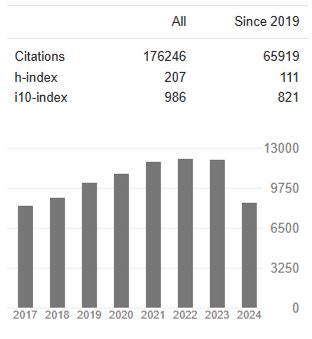A Case of Small Intestinal Perforation During Neoadjuvant Chemotherapy for Locally Advanced Rectal Cancer
Abstract
Ziqiang Wang
Background: For patients with locally advanced rectal cancer, side effects such as nausea, vomiting and loss of appetite may occur during neoadjuvant chemotherapy, but small intestinal perforation is very rare.
Case: We present a case of a 62-year-old man who suffered small intestinal perforation in the first cycle neoadjuvant treatment of locally advanced rectal cancer with capecitabine and oxaliplatin. Six days after the start of neoadjuvant chemotherapy, he began to develop intermittent abdominal pain, accompanied by diarrhea and abdominal distension. The CT scan revealed an abscess with free air in the pelvic cavity with proximal intestinal ileus. Then we performed a laparotomy. After enterolysis, the rectum with tumor was carefully examined with no perforative lesion, and the terminal ileum about 15cm from the ileocecum which adhere to the pelvic abscess had one about 0.8cm ulcer. The patient had a radical anterior resection and the morbid small bowel resection with protective ileostomy. The postoperative pathological examination showed the full-thickness necrosis of the intestinal wall in the ileal lesion with peripheral acute suppurative inflammation. AND the final pathological stage of the tumor was pT3N0M0 (American Joint Committee on Cancer, eighth edition).
Conclusion: As a chemotherapy regimen based on fluorouracil and oxaliplatin, small intestinal perforation is a very rare complication. The most common complications of these two drugs are gastrointestinal symptoms such as diarrhea. Therefore, when the complications are not relieved during chemotherapy, we should think of a more serious possibility.




